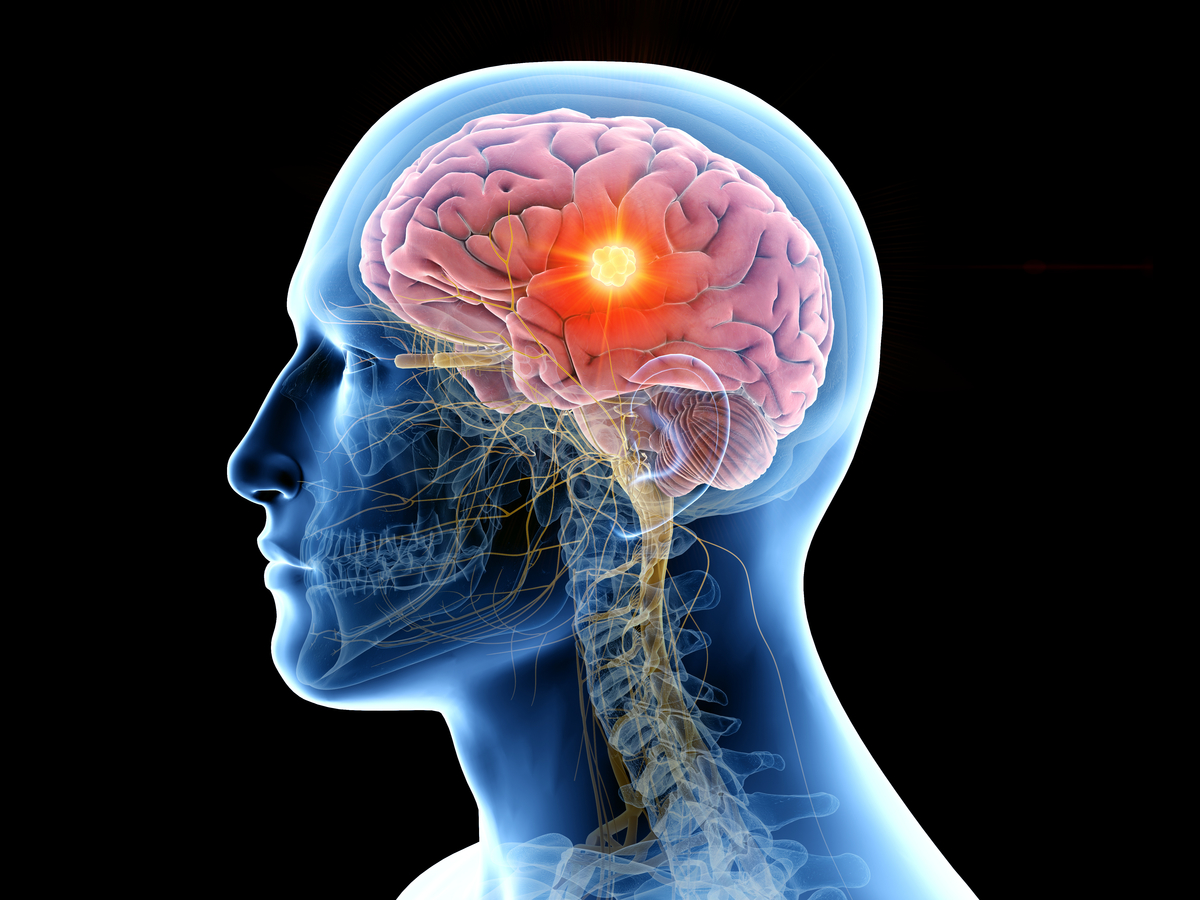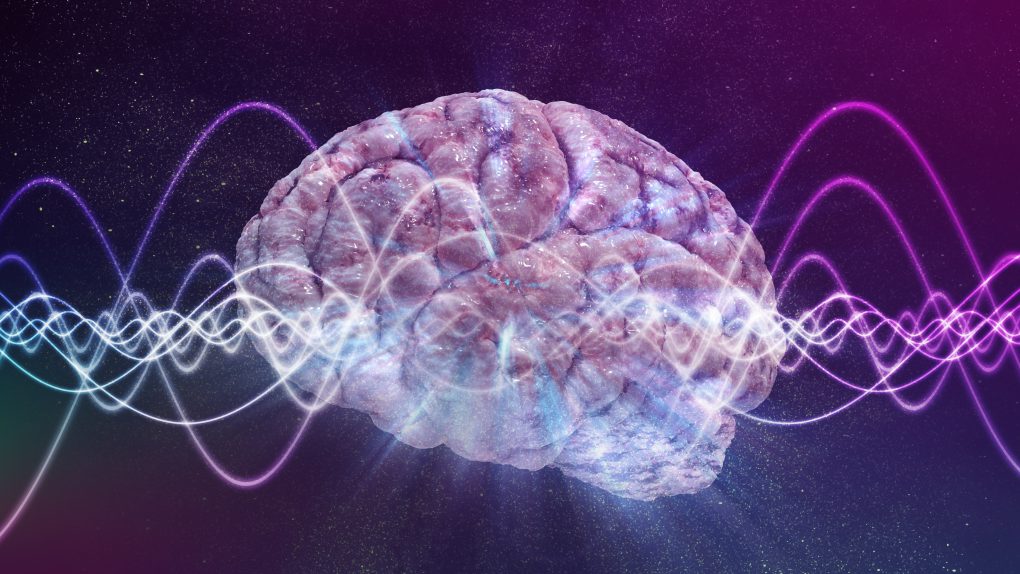Your Vitamin D levels can have a drastic effect on your brain, according to new research. It has long been known that Vitamin D comes with several benefits to the human body. However, a new paper on the subject also suggests that brains with higher Vitamin D levels may actually function better cognitively, too.
The paper was published in the latest edition of Alzheimer’s and Dementia, and in it, researchers make the case for Vitamin D based on new research that points towards Vitamin D actually being able to slow or stop dementia, which is a rising concern for many as the global population rises.
While scientists continue to come up with ways to detect Alzheimer’s more easily, finding ways to curb the negative effects that this disease and dementia can have on humanity is a priority for many. That is why this new research is so encouraging, especially if the effects Vitamin D has on your brain as so strong.

The researchers tested the hypothesis by examining the levels of Vitamin D in brain tissue among members of a test group. They found that those with higher levels of the vitamin were able to perform cognitive functions more effectively. This, they say, is just reinforcement of the importance of studying how food and nutrients create resilience against brain diseases like Alzheimer’s and dementia.
Further, because the effects that Vitamin D has on the brain seem to be so strong, it becomes an even more important resource for individuals, as it already comes with many different functions within our bodies, including how our immune system responds to things, as well as helping to determine how healthy our bones are.
Several studies in the past have implicated both dietary and nutritional factors in the overall performance of our brains, especially in older adults. However, this is the first that has looked at the levels of Vitamin D in the brain, and how that can directly affect the body’s resilience against brain-related diseases.
With these new findings, as well as the new ways that researchers are finding to help treat and slow dementia, perhaps we can finally bring this epidemic under control and find even better ways to fight back against it.








